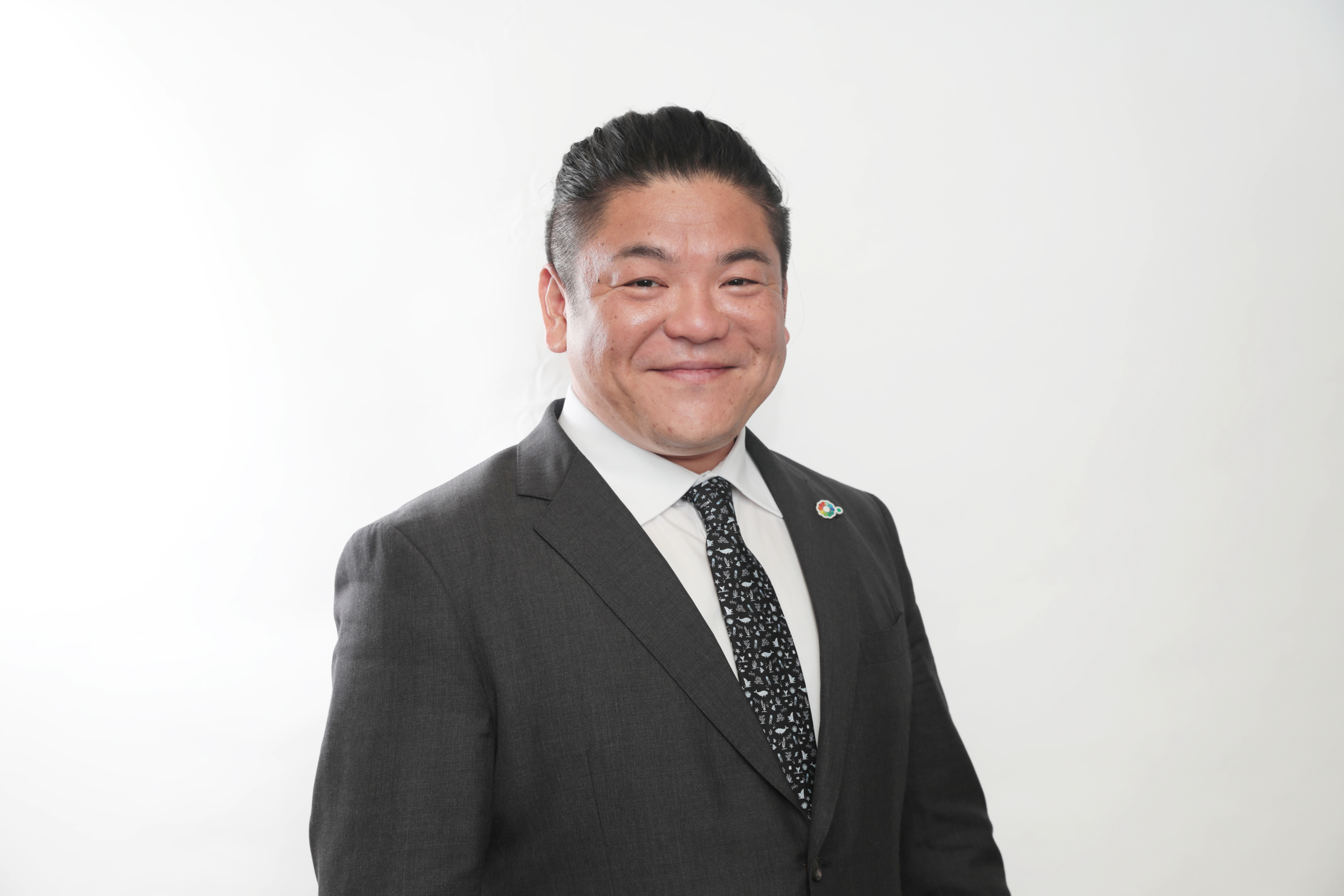Seafood Legacy taking a novel approach to sustainability in Japan
Sponsored

This year, Seafood Legacy is celebrating its 10th annual Tokyo Sustainable Seafood Summit, an event focused on promoting sustainability and equity within Japan’s seafood sector and abroad.
Reflecting on a decade of work to improve Japan’s seafood sector, Seafood Legacy Founder and CEO Wakao Hanaoka's conviction that Japan needs to adopt a sustainable approach to commercial fishing remains strong.
“Because it’s a major seafood market, it’s necessary to create a mindset of sustainability and equity in Japan,” Hanaoka said.
When Hanaoka launched Seafood Legacy nearly ten years ago, there simply was no broad sense of responsibility for sustainable practices in the Japanese seafood sector. Hanaoka knew that needed to change; he also knew that simple pressure does not work well for Japanese companies.
“We have been educated to be more collaborative or more in harmony in Japan,” Hanaoka explained. “Care for your neighbors, hold together, hold tight, and don’t go out from the group.”
“There’s a saying in Japan – the nail that’s stuck up gets hammered down,” Hanaoka continued.
To achieve real change in Japan’s seafood sector, Hanaoka knew he couldn’t rely on a single individual or company to lead the way. He compared Japanese society to a sardine ball, where there is no strong leader or destination, but they all move as one.
“The individual fish within a sardine ball don’t know where to go,” Hanaoka explained. “But because they want to move together, they swim as a group.”
Seafood Legacy and other organizations can act as an external force to influence the group’s movement, but they need to reach critical consensus within the seafood sector to make progress. It was important for the sustainability movement to feel natural, not foisted upon the sector from the outside.
“I wanted Japanese stakeholders to think this was their own agenda,” Hanaoka said. “It’s not like they were forced to do something.”
That change in mindset didn’t happen overnight. Only one Japanese company responded to Seafood Legacy’s presentation request for the first Tokyo Sustainable Seafood Summit (TSSS) (formerly, Tokyo Sustainable Seafood Symposium). However two major international events helped to win the seafood sector over to the idea of taking responsibility for sustainability. In 2015, the United Nations adopted the Sustainable Development Goals, injecting the concept into the public consciousness. Then Japan hosted the Tokyo 2020 Olympics – one of the event’s major themes being improved sustainability.
With those two events driving the conversation, Seafood Legacy saw a significant uptick in Japanese businesses looking to participate in the TSSS.
“The change was quite dramatic,” Hanaoka said.
Now, Seafood Legacy is seeing the country’s seafood sector pushing for sustainability improvements organically. In 2017, the IUU Japan Forum (formerly, the Anti IUU Japan Forum) was established to combat illegal, unreported, and unregulated (IUU) fishing. Japan’s government has also adopted basic policies to improve sustainability, such as revising the Fisheries Act and enacting Act on Ensuring the Proper Domestic Distribution and Importation of Specified Aquatic Animals and Plants. More recently, some major Japanese leading retailers revealed that they asked the government to impose import regulations on all fish species to prevent IUU fishing.
“It’s exciting,” Hanaoka said, explaining that Japanese businesses don’t typically make demands like that to the government. But by building consensus among seafood companies first, those businesses felt comfortable asking for changes at the top. And because the government now has vocal support from the business community, it’s easier for it to enact change.
As seafood companies in Japan have warmed to sustainability, the conversation has turned to how Japan’s seafood sector can impact global sustainability efforts. As the world’s third-largest seafood importer, Japan’s market can use its influence to push sustainable practices throughout its supply chains, Hanaoka said.
“We have buying power and also buying responsibility as a Japanese market,” Hanaoka said. “We don’t want to make good only for Japan, but we want to improve Japan to contribute to the global effort to ensure sustainability and equity.”
Seafood Legacy has set a goal to “make sustainable seafood mainstream in the Japanese market” by 2030. That means major seafood products in Japan have to be sustainable and responsibly sourced, including imports, Hanaoka said.
While Seafood Legacy is working with the government toward that goal, it is also working to make sustainable practices more attractive to businesses. One focus area of Seafood Legacy is working with financial institutions to increase ESG (environmental, social, and governance) investments in the Japanese seafood industry. That financial support will accelerate the growth of sustainability in the industry.
Hanaoka sees a bright future for Japan’s seafood industry, where consumers can purchase seafood with confidence that the products were sourced sustainably and responsibly.
Hanaoka invites interested stakeholders to join the Tokyo Sustainable Seafood Summit 2024, 8-10 October at the Tokyo International Forum to learn more about their road map to achieving their 2030 goal.







